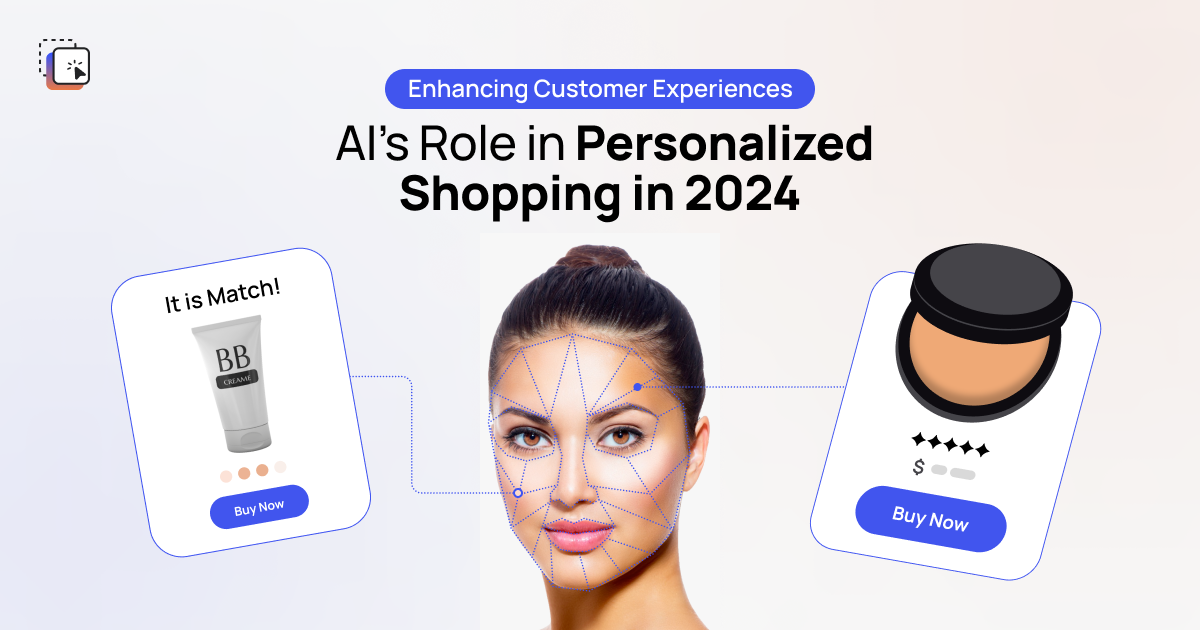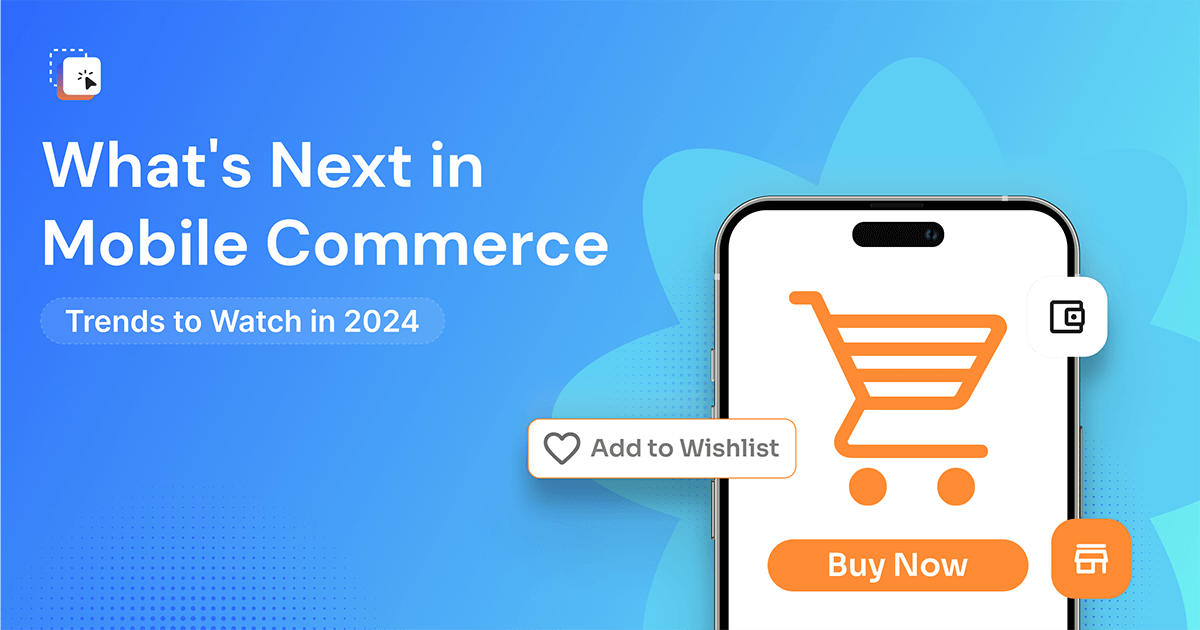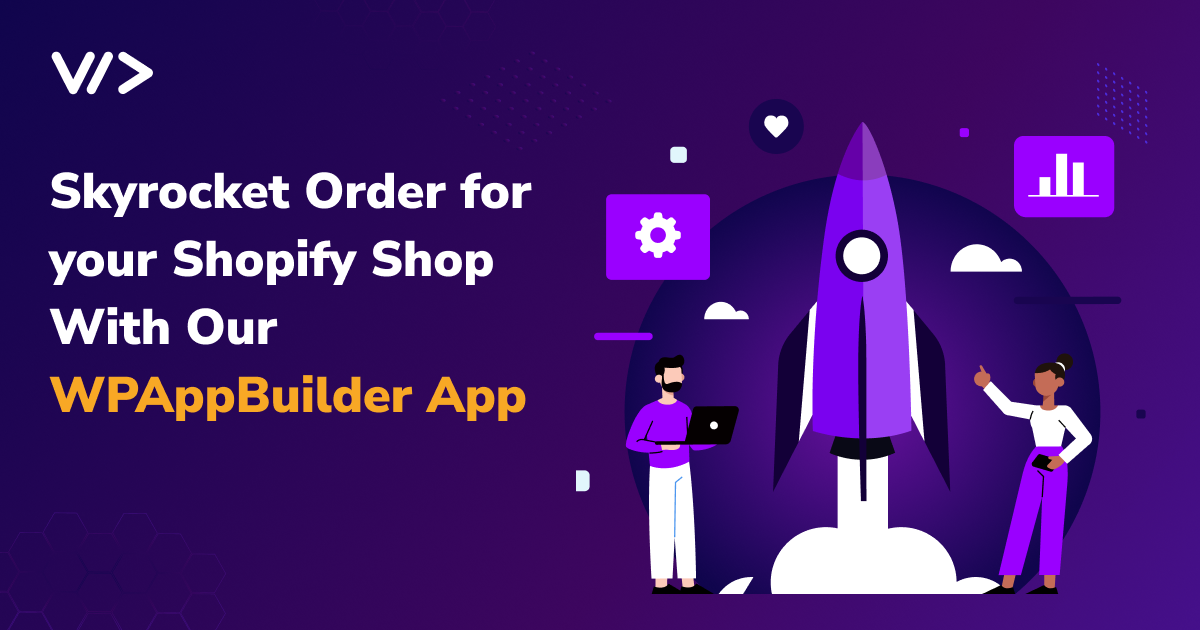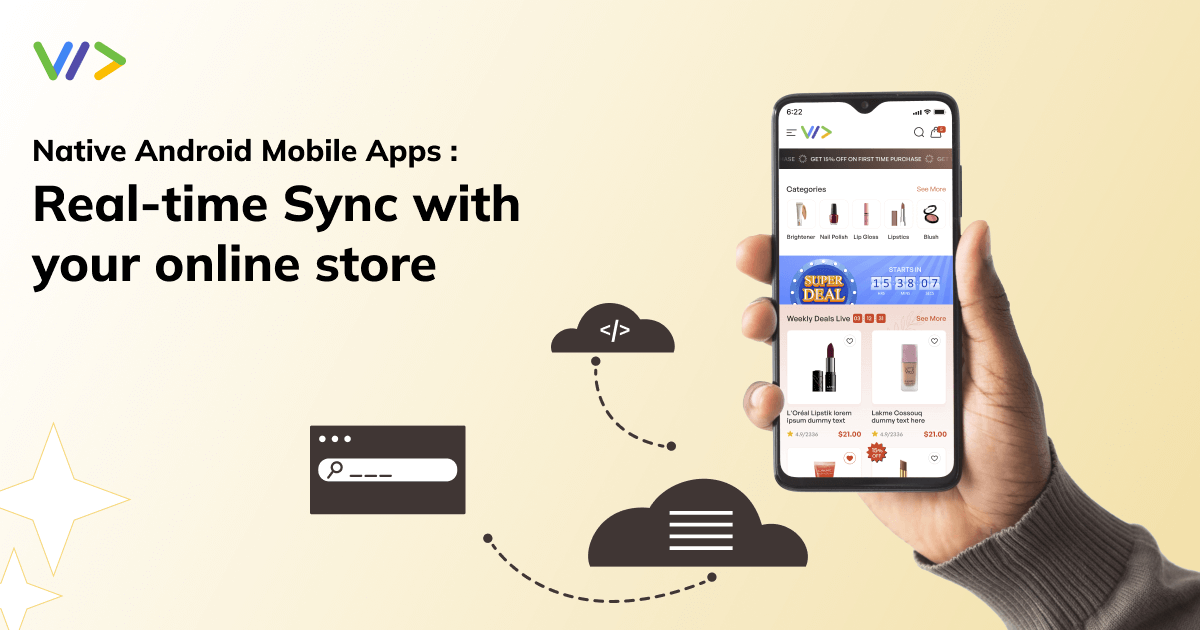Enhancing Customer Experiences: AI's Role in Personalized Shopping in 2024

The use of artificial intelligence (AI) is rapidly increasing in the e-commerce industry with each passing day due to its ability to personalize customer shopping experiences with advanced automated features.
The introduction of AI has revolutionized the e-commerce industry, transforming both how customers shop and how store owners sell products.
In this blog, we will shed light on the impacts of AI in personalizing customer shopping experience.
Types of AI Used in Marketing:
Machine Learning:
With statistical techniques, machine learning analyzes social media data to provide precise information on audience sentiment, customer experience, and other marketing aspects.
Natural Language Processing (NLP):
The AI technology leverages natural language processing to understand social listening data, which follows statistical and rule-based lexical techniques, enabling you to examine diverse posts, emails, reviews, and comments and extract crucial information. Moreover, it also helps generate high-quality texts for various posts, customer queries, and many more. However, further improvements in this regard are made by natural language generation (NLG).
Computer Vision:
Computer vision is one kind of artificial intelligence technology, which allows machines to interpret and evaluate visual input, similar to how humans perceive and understand their surroundings.
Predictive Analytics:
Predictive analytics heavily rely on historical data alongside statistical modeling, data mining, and machine learning to anticipate future outcomes. Employing data gathered by predictive analytics helps businesses be aware of potential risks and opportunities.
How AI Will Personalize Shopping Experience in 2024?
Personalized Recommendations:
Personalized recommendations are a unique idea to enhance the customer experience. AI’s machine learning algorithms make a thorough analysis of customers’ past purchases, behaviors, and interest in specific products. Based on this analysis, AI recommends products that customers are highly keen to buy.
For example, if an AI system finds that customers show interest in certain types of items, it recommends similar products based on their preferences, leading to a personalized shopping experience.
AI-Powered Voice Assistant:
There are a few of the most advanced virtual assistants in demand now, like Siri, Alexa, and Google Assistant, which are now equipped with AI voices. They use Natural Language Processing (NLP) features to respond to voice commands, making the process much faster for customers to find a solution in time in the absence of human responses.
These voice assistants powered by AI can carry out a variety of tasks effectively, such as addressing customers’ queries, placing orders, managing other devices, and offering personalized support depending on the consumer's past shopping history and preferences.
AI Chatbots:
AI-driven chatbots are able to respond to customer inquiries, resolve basic problems, and provide information around the clock. They are programmed in such a way that they can easily handle commonly asked questions, facilitate order processing, and offer personalized suggestions for products.
AI-powered chatbots significantly reduce human involvement and manage high volumes of queries single-handedly.
Cutting-Edge Data Analytics:
Through the analysis of large volumes of customer data, AI algorithms can uncover patterns and insights that humans may overlook. This helps you understand customers' interests, predict their future needs, and create opportunities to improve the customer experience.
Predictive Customer Service:
By analyzing a huge amount of data quickly, AI can predict future customer behavior. For example, it may predict potential challenges a customer might experience based on their usage patterns.
Real-Time Personalization:
The AI system can optimize the customer experience in real-time based on their activities during the product search. The AI analyzes their browsing history and recommends a similar product, which gives them a personalized shopping experience.
Seamless Omnichannel Experience:
AI can easily integrate data from multiple sources, spanning online, brick-and-mortar, mobile, and social media channels, allowing customers to switch between channels effortlessly ensuring a seamless omnichannel experience for customers.
Analysis of Customer Sentiments:
Using advanced AI technology, you can easily analyze text from customer reviews, emails, social media updates, and other channels to assess the sentiment conveyed in the text. This AI analysis assists your business in understanding customers’ feelings for your products and services.
Final Thought:
Artificial intelligence (AI) has almost transformed the e-commerce industry with personalized shopping experiences that will enhance customer engagement across various channels. The ongoing evolution in AI technology will definitely enhance customer experience. AI's role in the e-commerce world is poised for significant growth in the coming days.
Related blogs



